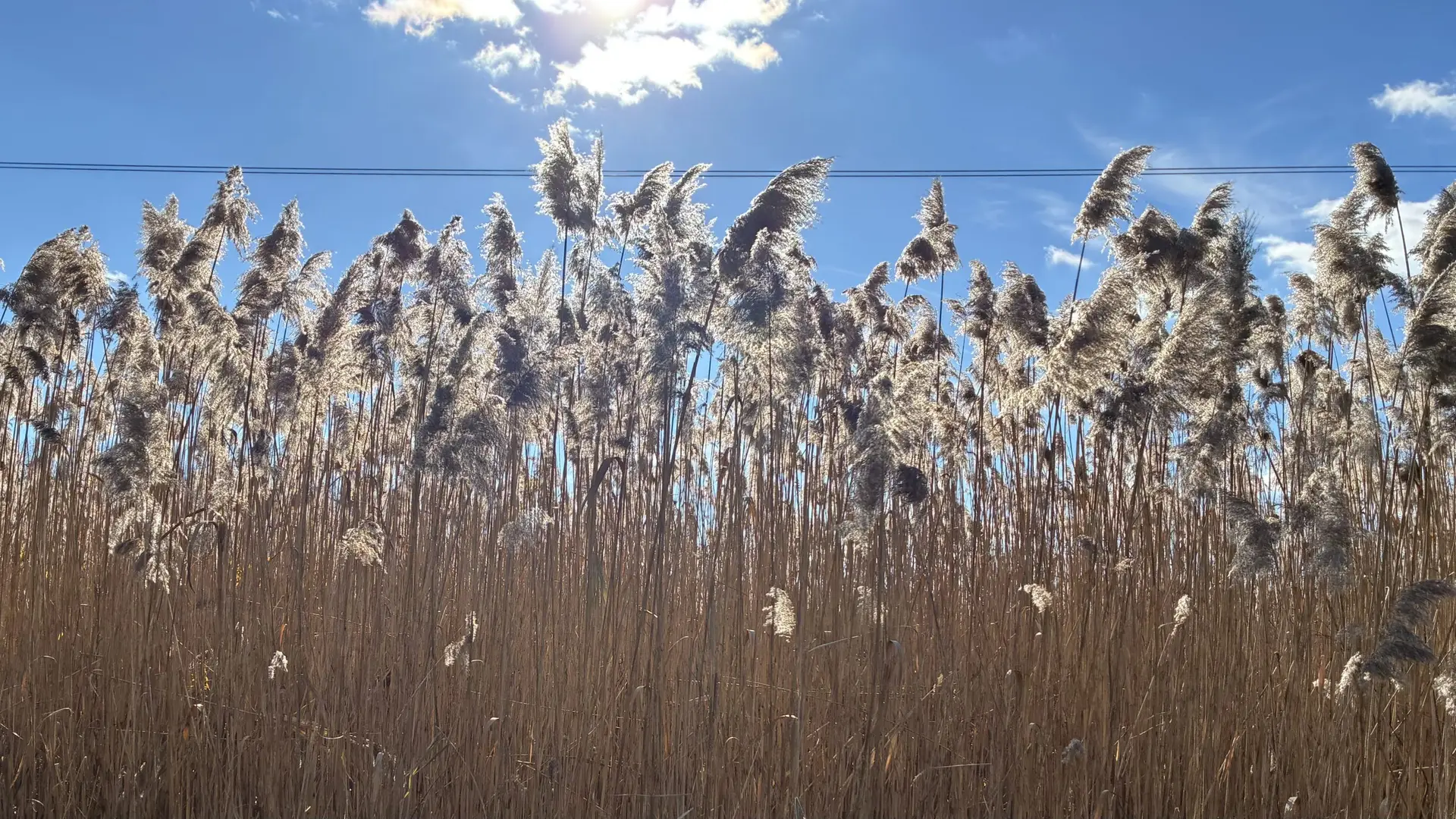
Newsletter
Stewardship and Habitat Restoration at St. Paul’s Episcopal Church
St. Paul’s Episcopal Church has been a part of the Romeo community since 1912 and has occupied its current location

St. Paul’s Episcopal Church has been a part of the Romeo community since 1912 and has occupied its current location

Did you know that in one week it will be the first day of winter? Despite the snow and cold,

Invasive species are a major driver of landscape change in Michigan. Without natural predators or ecological checks, invasive plant species